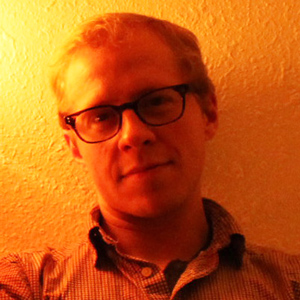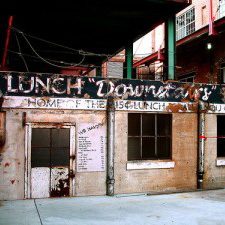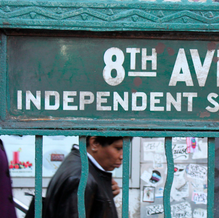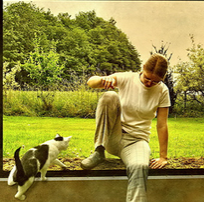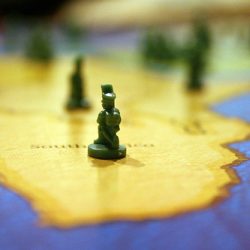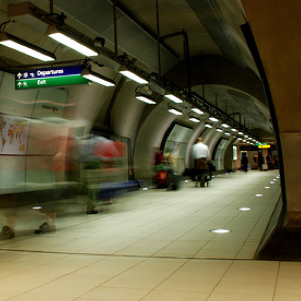Habits of Highly Effective Real People
Humans are not machines, and we don’t all want the same things. But we do want to do something purposeful, to use the time we have to the best of our ability—and we also long to discover our authentic selves.
If our lives consist of a series of choices, how do highly effective real people make them? Here’s a short list of characteristics for your consideration. First and foremost, they know what’s important to them. I’ve been saying for a while that the greatest productivity hack is to love what you do. It is much, much easier to be both productive and satisfied when you spend most of your time on something you find meaningful. I often go back to this principle as a compass point. It really does no good at all to become efficient at the wrong things. On balance, it’s actually negative because the more efficient you become, the more likely it is that you’ll continue on the wrong path. Therefore, it’s better to fail quickly at the wrong things, so you can discover the right ones. Read More

 If you misidentify a problem, your proposed solution probably won’t work.
If you misidentify a problem, your proposed solution probably won’t work.
 You’ve heard the story a thousand times.
You’ve heard the story a thousand times.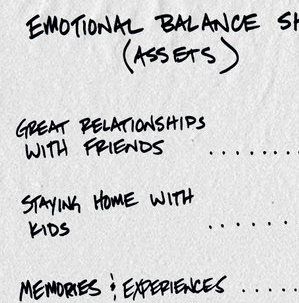
 I often enjoy the personal finance columns by
I often enjoy the personal finance columns by 